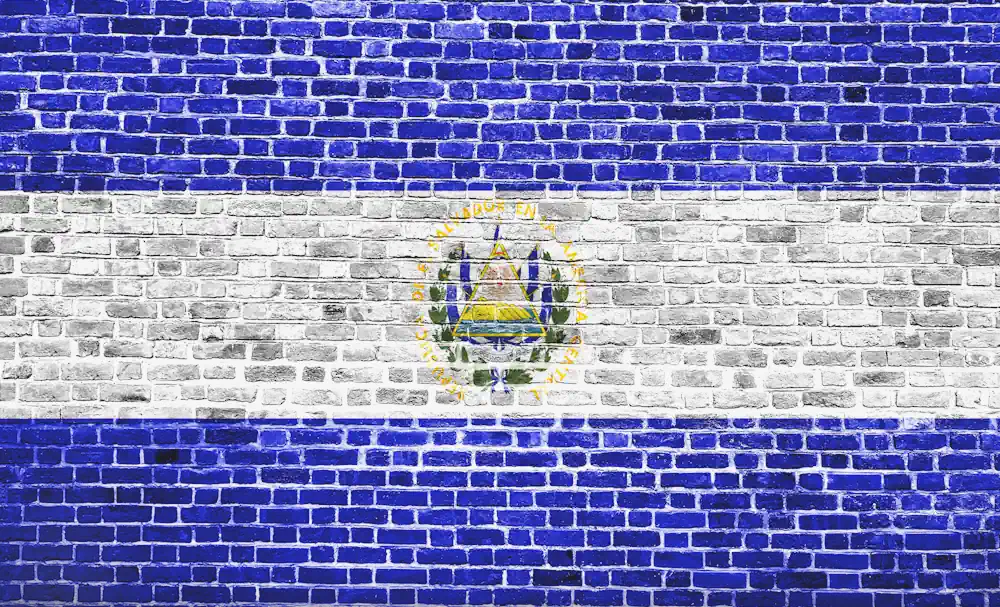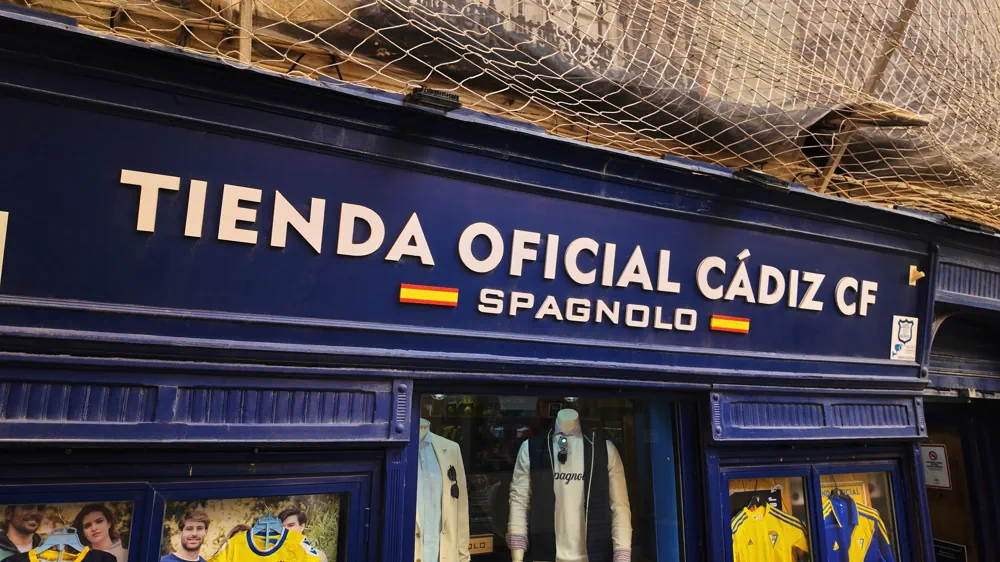His name was El Magico - The Wizard
Today's protagonist was the complete opposite of the stereotype of today's professional football player, but his talent was something that allowed him to compensate for any lack of discipline or training and perform at the highest level.There was a time in England when the only players allowed to wear a name other than their surname on the back of their shirt were Brazilians, because of their magic. Today we will talk about a player so talented that he was better known by his nickname than by his real name; El Mágico (The Wizard) González. El Salvador, his country of origin, is not particularly famous for its football or for being an exporter of players, however, he broke those premises and not only made his country known in the world of football but also became a legend in Spain, one of the most important leagues in the world, perhaps the most important.

El Salvador is Jorge Alberto González Barillas home country
Beginnings
Jorge Alberto González Barillas was born in Colonia Luz, a town in San Salvador on March 13, 1958. He was the youngest of eight brothers, one of whom, Mauricio, was a professional footballer in his country and in Guatemala and represented El Salvador on several occasions at an international level. His father was a football coach and he was the one who began to instill in him the love for sport, so little Jorge grew up in a very football-loving environment. The young Jorge showed that he had something innate within him for football and he did it for a small team that is now defunct, ANTEL (Administración Nacional de Telecomunicaciones).There he would debut in the first tier of Salvadoran football at just 16 years old, in 1975, in what was the club's first season in that category. In a match between ANTEL and Club Deportivo Aguila, in which Gonzalez's team won 3-1, where he had a spectacular performance, the commentator Rosalío Hernandez Colorado, gave him the nickname El Mago (The Wizard), a nickname that little by little evolved into El Mágico when he was in Spain. He only needed that year to dazzle and earn a signing with Club Social Independiente, a club with more history than ANTEL and where he would have the opportunity to debut with the El Salvador national team, and just one season later was signing with the powerful FAS, the most winning club in El Salvador.
International recognition
He would win three league titles with FAS and would become the figure of Salvadoran football without a doubt, however his greatest achievement in that period was helping his national team reach its second (and last to date) FIFA World Cup, Spain 82. His team did not make it past the group stage, losing all three of its matches, conceding 13 goals and scoring just one, and also suffering the biggest defeat in the history of the FIFA World Cup, 10-1 against Hungary on the first round of that group stage.Despite his national team's poor performance, El Mágico impressed the world, receiving offers from teams in Guatemala, the United States, Spain and France, where a "young" Paris Saint Germain was close to closing it, however, the deal could not be finalized because the player did not show up for the formalization of the deal, arguing that "it was too much of a commitment". In the end, it would be Cádiz who would keep the Salvadoran player.

©
Cádiz
Gonzalez preferred to play for the Andalusian club, which was in the Second Division and in a country somewhat more similar to his own. Their football was something Ramón de Carranza had never seen before and it only took a year for Cádiz to reach the First Division. The arrival of El Mágico to Spain coincided with that of Maradona to FC Barcelona, something that helped the Argentine star develop a great admiration for the Salvadoran to the point of recommending him to the Catalan club for signing."There is one better than me, he is Salvadoran and plays for Cádiz" Diego Maradona declared, who almost managed to get El Mágico to play for Barcelona, in fact, he did the preseason with the blue-and-red club in 1984, coinciding for a few days with the Argentine. The Catalans would see the behavior of the Salvadoran in those days and that led them to reject his signing. His talent was proportional to his lack of discipline and his love of going out at night and partying. He used to sleep a lot and arrive late to training and drink alcohol, in addition to having attitudes that did not fit with professional football. However, he was usually forgiven by the fans because on game days he did what no other player on the pitch could do.
Despite the interest of many clubs such as Atlético Madrid, the Salvadoran preferred to stay at Cádiz because he knew that nowhere else would he have the facilities and affection that he received in Andalusia. However, a fight with the club's coach Benito Joanet, led him to sign for Real Valladolid in the winter of 1985, only to return a year later to his beloved Cádiz.
He would remain at the Andalusian club until 1991, after many twists and turns in his personal life that led to a decline in his performance and to miss many games. Despite this, his memory among the Cádiz fans is unbeatable, he is considered the best player in its history without a doubt. He returned to FAS and stayed there until his retirement from football in 1999. After leaving professional football, he remained involved in the sport as an assistant, first with the Houston Dynamo and then with the El Salvador national team.
"I admit that I am not a saint. I like the night, women and drinking. I admit that I am irresponsible and a bad professional. I do not like to treat football as a job. I only play to have fun".
That phrase sums up the life of a player who could have gone down in football history as one of the greatest, but simply did not want to. He preferred to be what he considered to be happy, in his own way.
If you want to see El Mágico show some of his quality and magic, check out all his 43 La Liga goals here.
